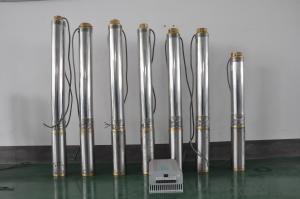DC solar deepwell water pump
- Loading Port:
- Shanghai
- Payment Terms:
- TT OR LC
- Min Order Qty:
- -
- Supply Capability:
- 300 set/month
OKorder Service Pledge
OKorder Financial Service
You Might Also Like
Motor 24V:
1 matainance-free brushless DC motor
2 water filled
3 premium materials,Stainless steel SS304
4 no electronic in the motor
rated power:0.8kw 1kw
effiency:more than 95%
motor speed:1750rpm
isulation class:F
enclousre class:IP68
submersion: max 250m
Controller SPC1000:
power:max.1kw
input voltage:max.120V
motor current:max.10A
effiency:max.95%
ambient Tem:-20C-----50C
enclosure:IP54
how is the rotor made:
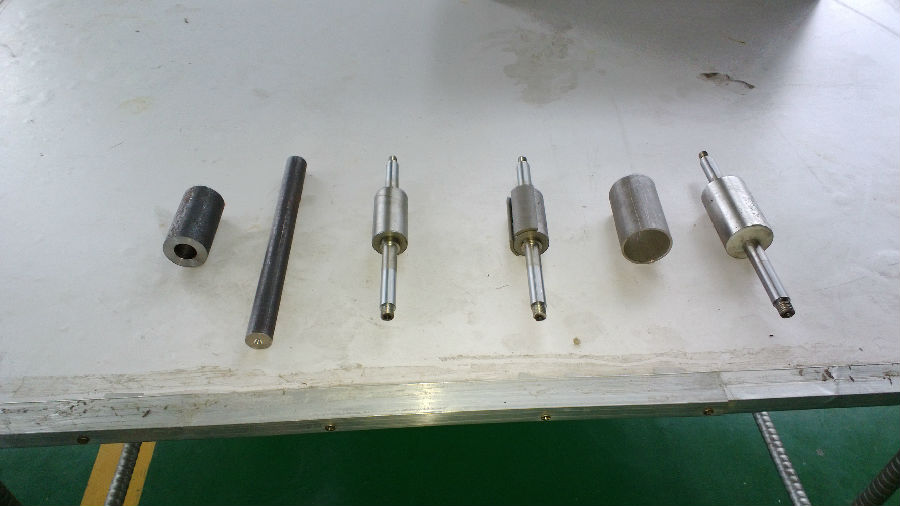
how is the motor made:
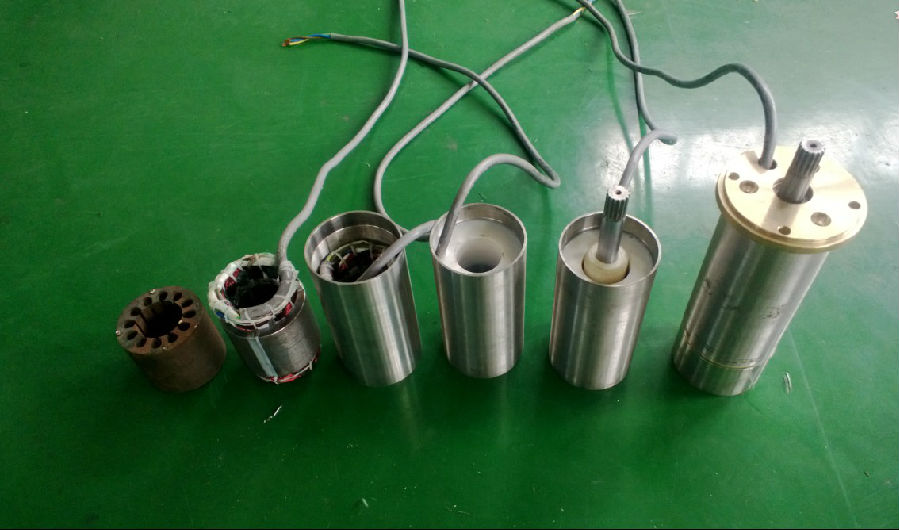
the pump :
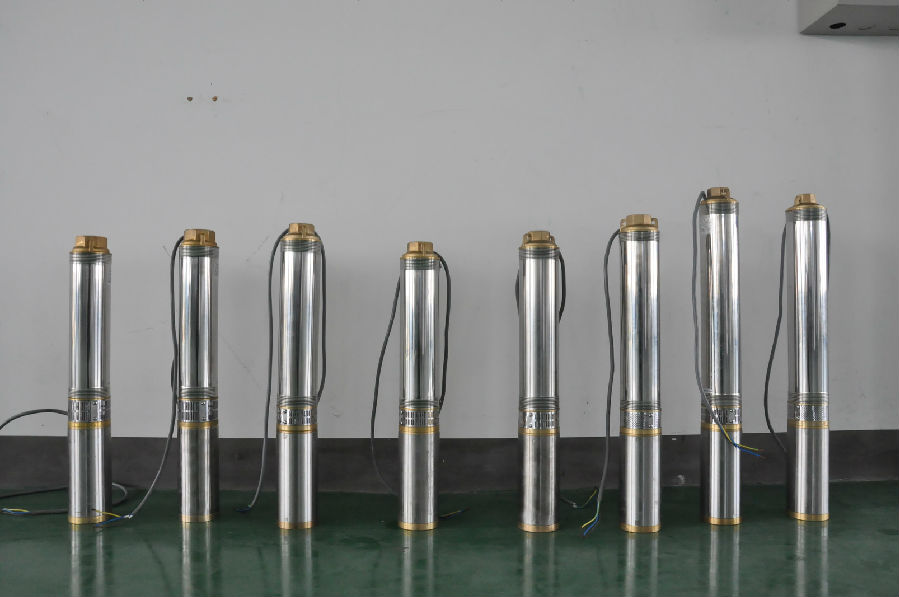
controller terminal connection:
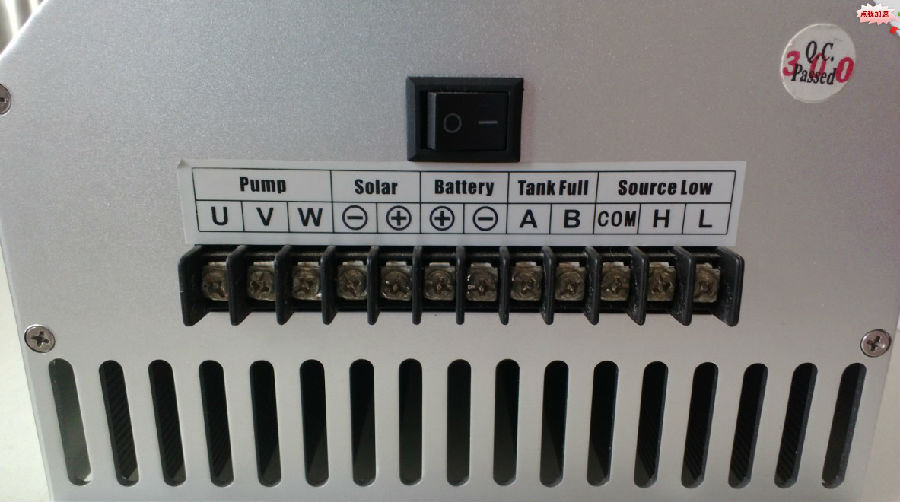
The permanent magnet:
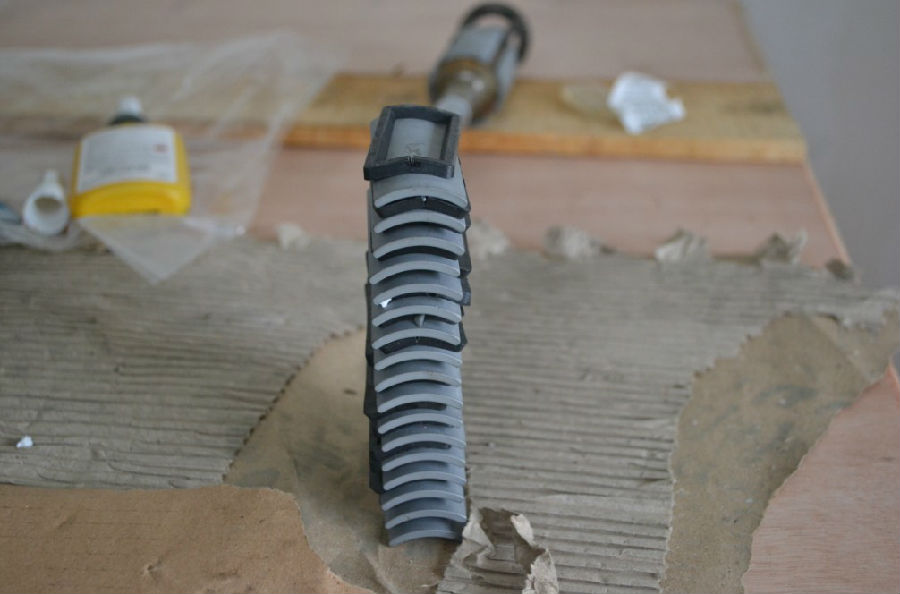
the impeller:
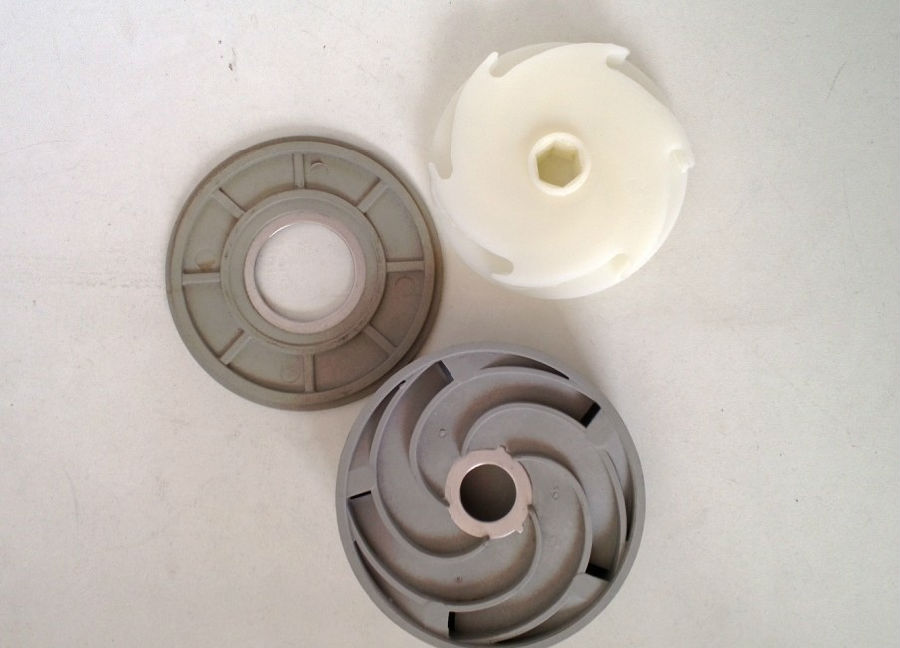
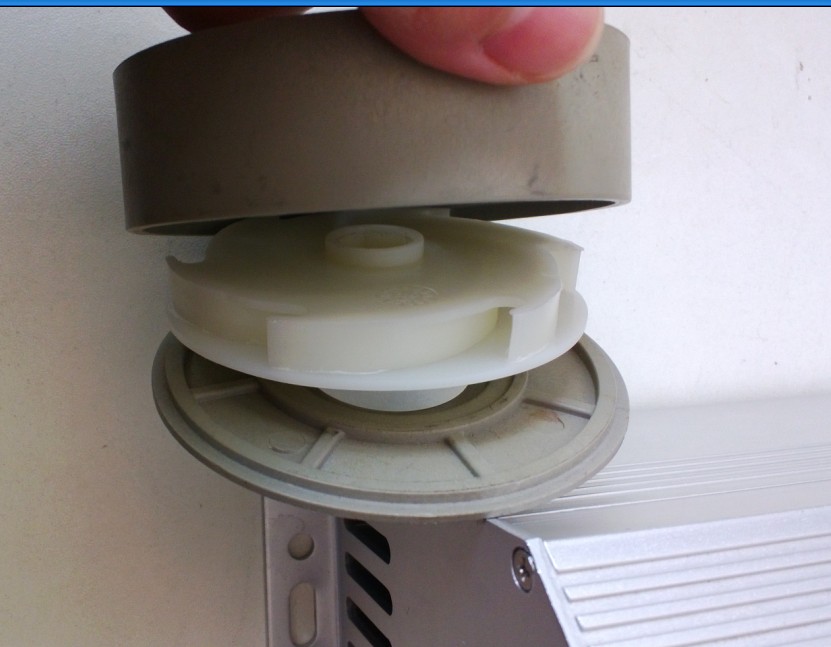
controller box:
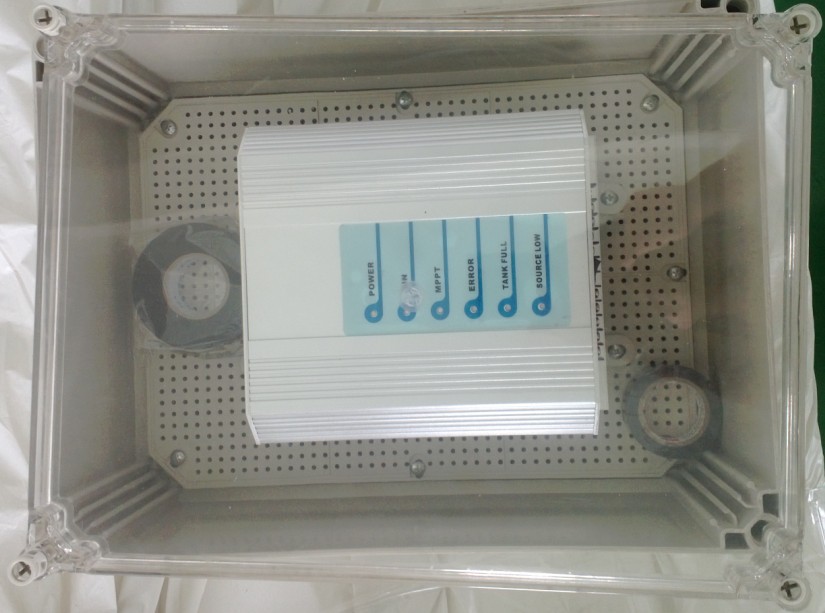
the senors:
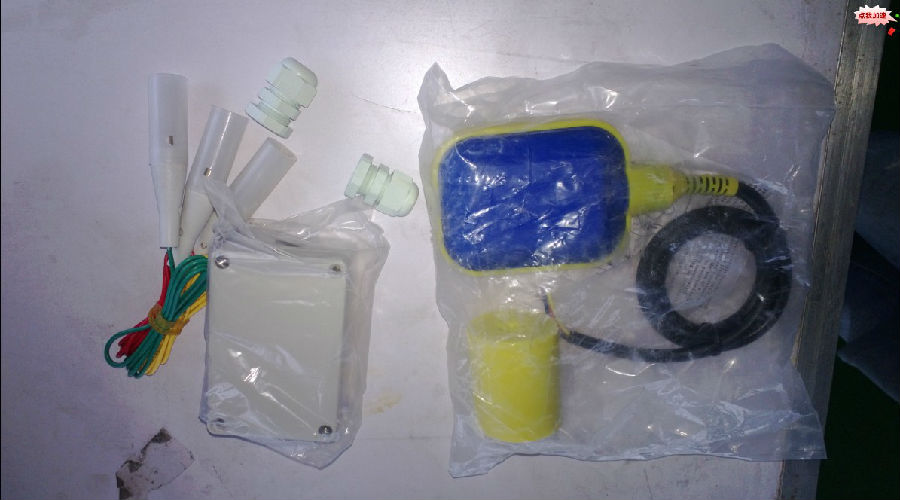
the test:
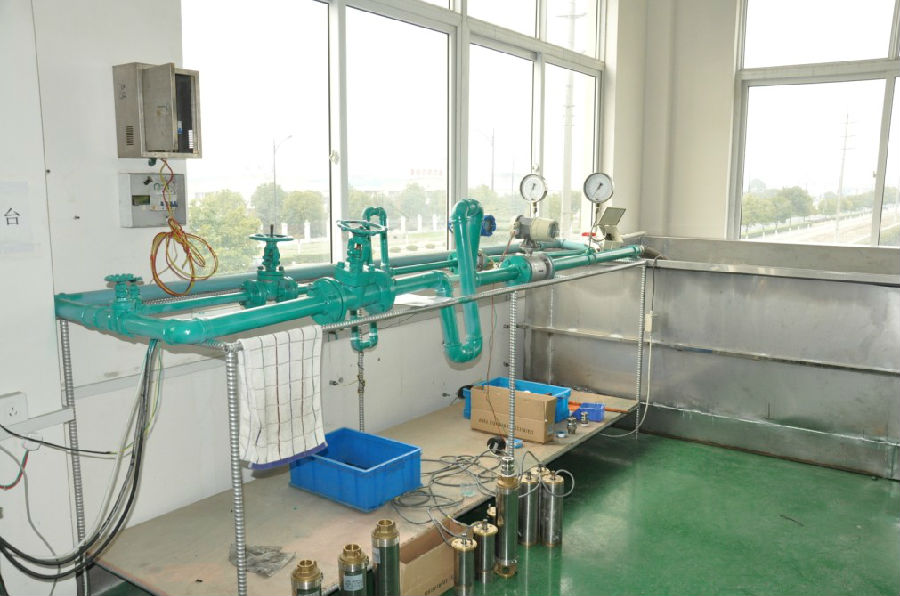
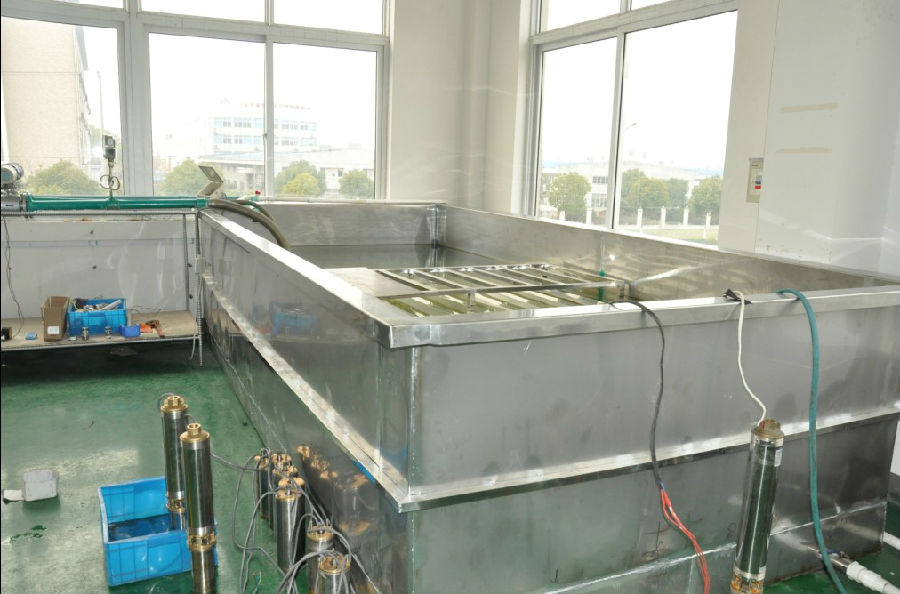
the application:
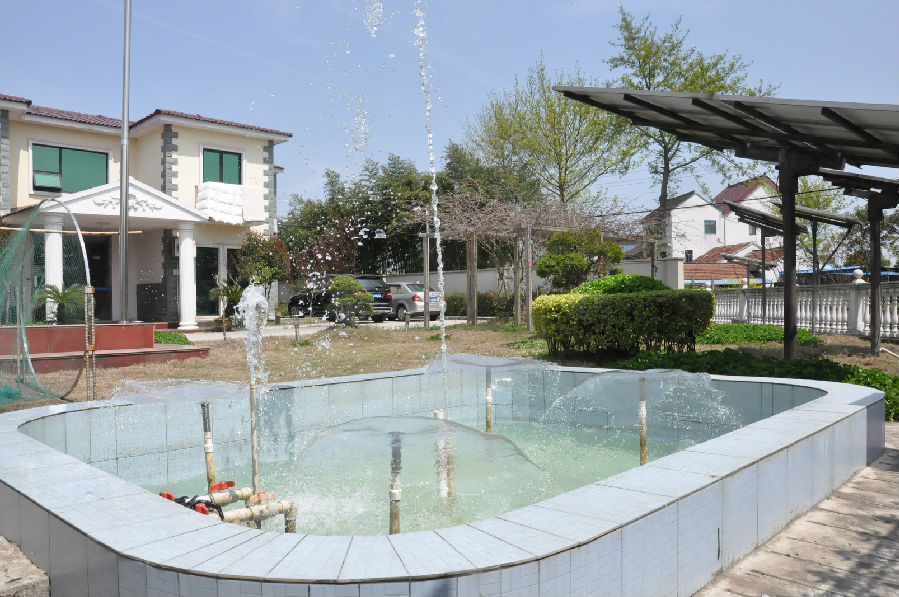
the package:
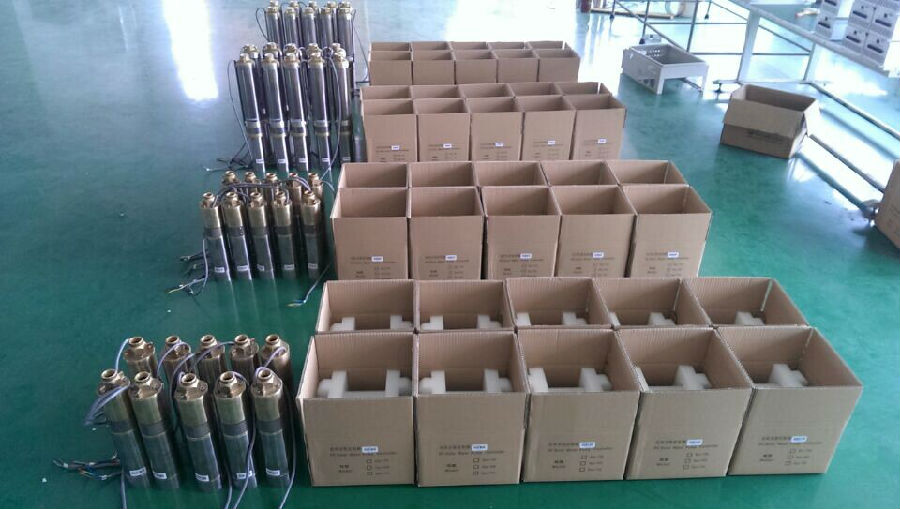
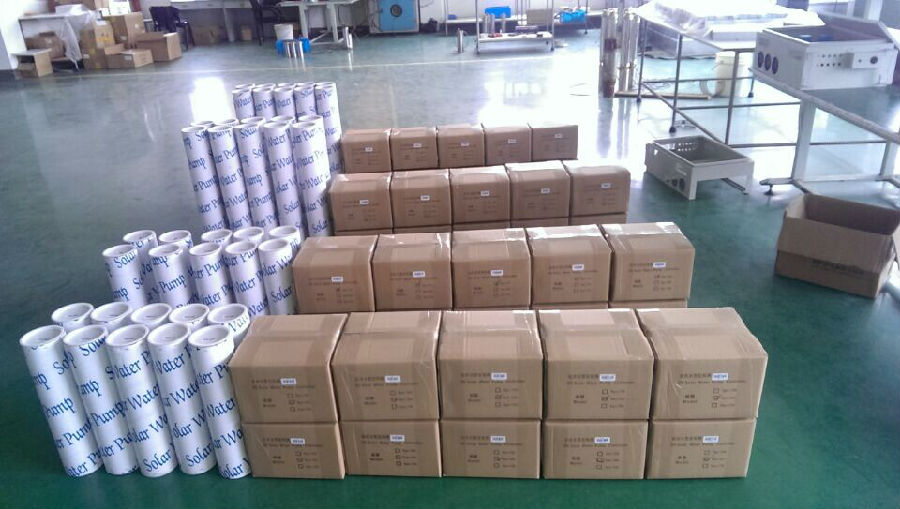
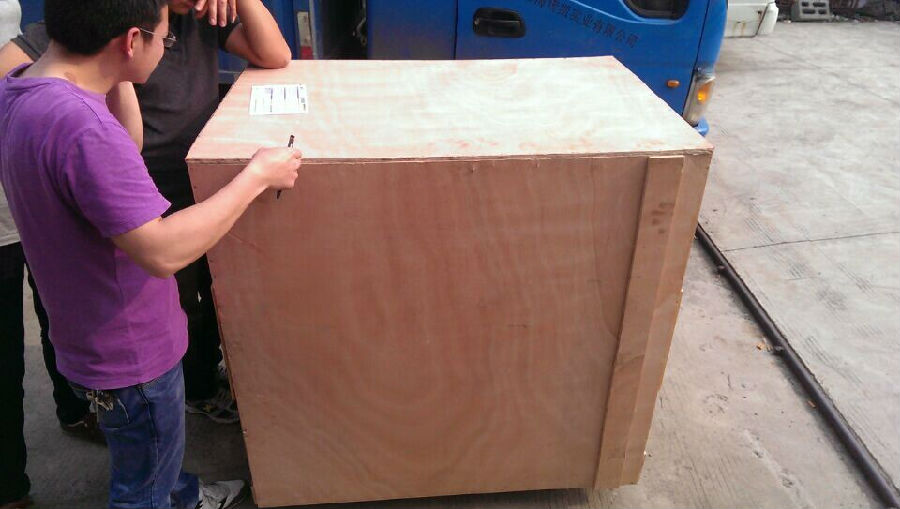
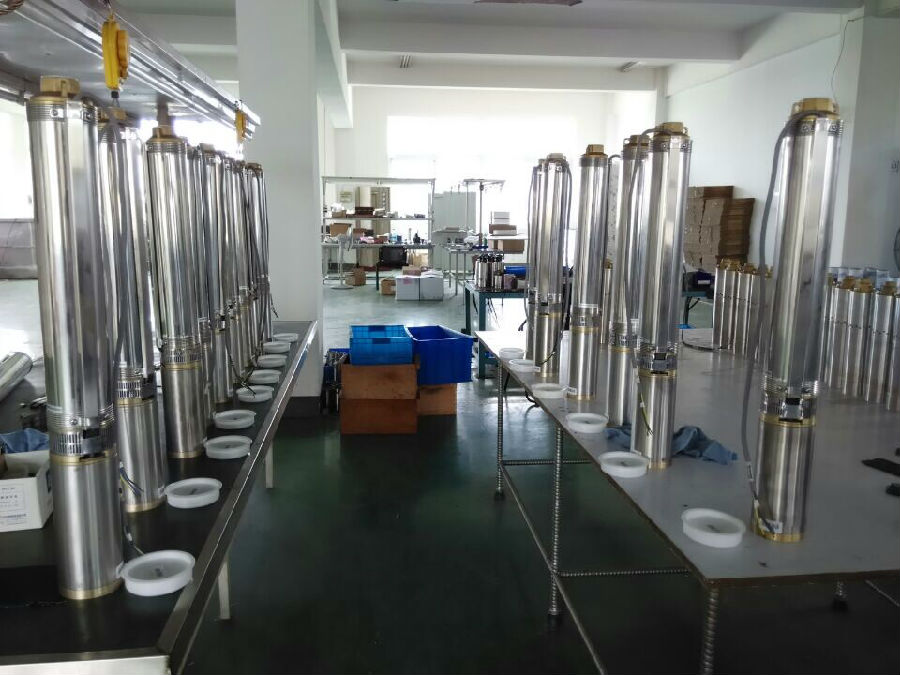
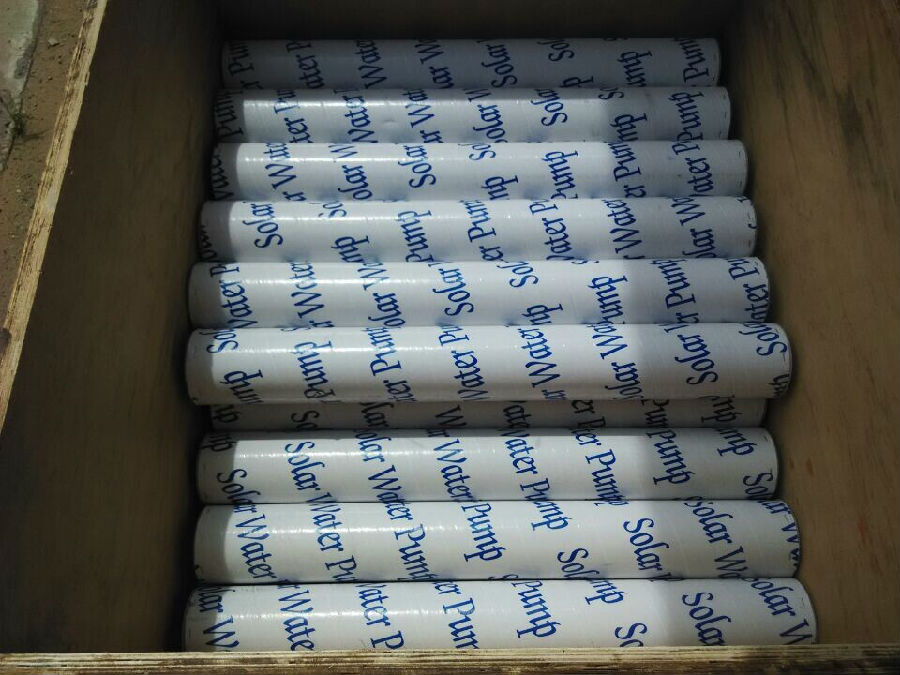
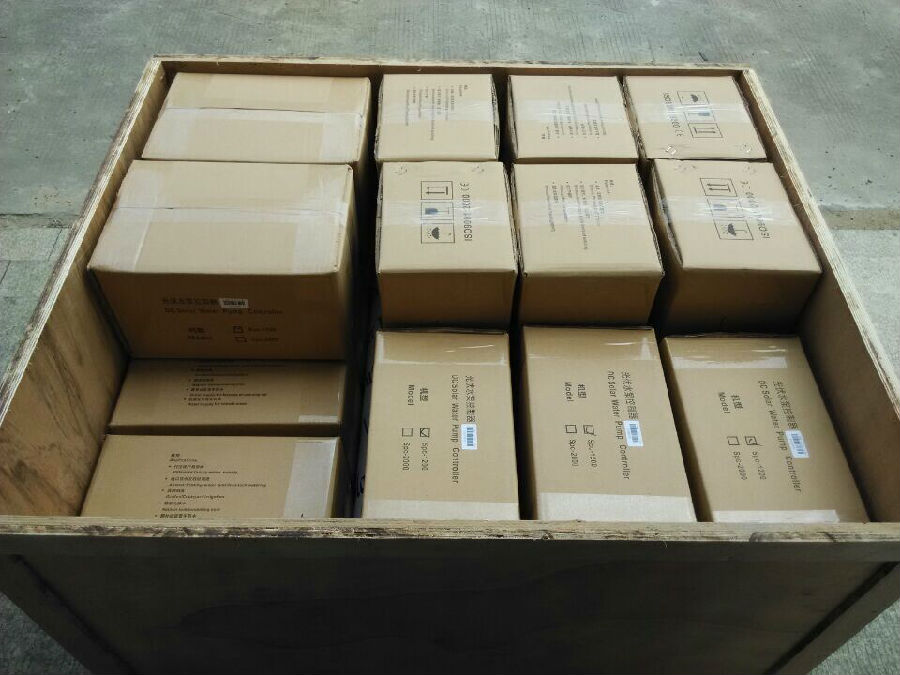
- Q:Are there any restrictions on using a solar pump in agriculture?
- Yes, there can be certain restrictions on using a solar pump in agriculture. Some potential limitations include the availability of sunlight, which can affect the efficiency of the pump, especially in regions with frequent cloudy or rainy weather. Additionally, the initial cost of installing a solar pump can be higher compared to traditional pumps, which may pose financial constraints for some farmers. It is also important to consider the size and capacity of the solar pump, as it may not be suitable for large-scale irrigation needs.
- Q:Can a solar pump be used for water supply in oil refineries or petrochemical plants?
- Yes, a solar pump can be used for water supply in oil refineries or petrochemical plants. Solar pumps are highly versatile and can be used in various industrial applications, including providing water for industrial processes in oil refineries and petrochemical plants. They offer a sustainable and cost-effective solution by harnessing solar energy to power the pumps, reducing reliance on traditional energy sources and minimizing operational costs. Additionally, solar pumps are often designed to be highly reliable and can operate in remote locations with minimal maintenance requirements, making them suitable for the specific needs of oil refineries and petrochemical plants.
- Q:Can a solar pump be used for water supply in hospitals or healthcare facilities?
- Yes, a solar pump can be used for water supply in hospitals or healthcare facilities. Solar pumps provide a reliable and sustainable source of water, especially in areas with limited access to electricity. They can be used for various applications like delivering water for drinking, sanitation, and medical purposes, ensuring a consistent and clean water supply for healthcare facilities.
- Q:Can solar pumps be used for swimming pools or ponds?
- Yes, solar pumps can be used for swimming pools or ponds. They are energy-efficient and environmentally friendly, utilizing solar power to circulate and filter water. This eliminates the need for grid electricity and reduces operational costs. However, it is important to ensure that the solar pump selected is appropriately sized for the volume of water and specific requirements of the pool or pond.
- Q:Are there any specific requirements for installing a solar pump?
- Yes, there are specific requirements for installing a solar pump. These may include having access to adequate sunlight for the solar panels, a suitable location to install the pump, proper wiring and electrical connections, and ensuring the pump is compatible with the water source and intended purpose. Additionally, it is essential to consider factors such as water depth, flow rate, and the size and capacity of the pump to ensure efficient and effective installation.
- Q:Can a solar pump be used in areas with limited access to water treatment?
- Yes, a solar pump can be used in areas with limited access to water treatment. Solar pumps are designed to extract water from various sources such as wells, rivers, and lakes. While they alone cannot treat water, they can efficiently pump water to a central treatment facility or directly to communities for treatment. This makes solar pumps a valuable solution for areas that lack access to traditional water treatment infrastructure.
- Q:Can a solar pump be used in sewage treatment plants?
- Yes, a solar pump can be used in sewage treatment plants. Solar pumps are increasingly being used in sewage treatment plants as they are cost-effective, environmentally friendly, and reliable. These pumps are powered by solar energy, which means they do not require electricity from the grid, reducing the operational costs of the plant. Solar pumps are capable of handling the pumping needs of sewage treatment plants, including pumping wastewater, sludge, and other fluids. They can efficiently move the sewage through the treatment process, ensuring proper treatment and disposal. Additionally, solar pumps can be easily integrated into existing sewage treatment plants without major modifications, making them a viable and sustainable option for sewage treatment facilities.
- Q:Are there any grants or funding options available for installing a solar pump?
- Yes, there are grants and funding options available for installing a solar pump. Many government and non-profit organizations offer financial assistance programs specifically designed to support the adoption of solar-powered systems, including solar pumps. These funding opportunities aim to promote renewable energy and sustainable water management practices. It is recommended to research and reach out to local and national agencies, as well as private foundations and environmental organizations, to explore the available grants and funding options for installing a solar pump.
- Q:Can a solar pump be used for artificial waterfalls?
- Yes, a solar pump can be used for artificial waterfalls. Solar pumps are designed to operate on solar energy, which means they do not require electricity from the grid. This makes them a great option for remote areas or places where it may be difficult or expensive to install electrical wiring. Solar pumps can be used to circulate water in a closed loop system, creating a continuous flow for artificial waterfalls. They are eco-friendly and cost-effective, as they do not consume electricity and rely solely on solar power. Additionally, solar pumps are easy to install and maintain, making them a convenient choice for creating and maintaining artificial waterfalls.
- Q:Can a solar pump be used in areas with high levels of arsenic in the water?
- Yes, a solar pump can be used in areas with high levels of arsenic in the water. Solar pumps primarily rely on sunlight to operate, converting solar energy into mechanical energy to pump water. As long as there is sufficient sunlight available, the solar pump can be deployed in such areas to extract water despite the high arsenic levels. However, it is important to note that a solar pump alone cannot remove or reduce the arsenic content in water. Additional water treatment methods may be required to ensure safe and arsenic-free drinking water.
1. Manufacturer Overview |
|
|---|---|
| Location | |
| Year Established | |
| Annual Output Value | |
| Main Markets | |
| Company Certifications | |
2. Manufacturer Certificates |
|
|---|---|
| a) Certification Name | |
| Range | |
| Reference | |
| Validity Period | |
3. Manufacturer Capability |
|
|---|---|
| a)Trade Capacity | |
| Nearest Port | |
| Export Percentage | |
| No.of Employees in Trade Department | |
| Language Spoken: | |
| b)Factory Information | |
| Factory Size: | |
| No. of Production Lines | |
| Contract Manufacturing | |
| Product Price Range | |
Send your message to us
DC solar deepwell water pump
- Loading Port:
- Shanghai
- Payment Terms:
- TT OR LC
- Min Order Qty:
- -
- Supply Capability:
- 300 set/month
OKorder Service Pledge
OKorder Financial Service
Similar products
New products
Hot products
Hot Searches
Related keywords









